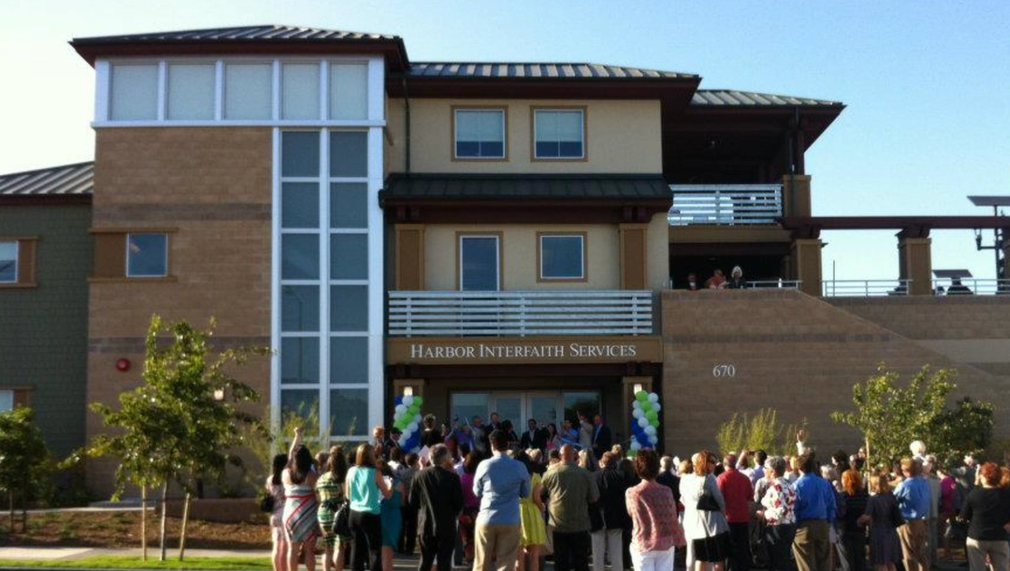Family Resource Center (FRC)
Harbor Interfaith Services (HIS) Family Resource Center (FRC) provides clients with free groceries hygiene items, computer access, clothing, mail and telephone services, medical and dental services, case management, rental assistance, motel vouchers, and enrollment in public benefit programs. This grant will support households struggling to make ends meet.

What is the primary issue area that your application will impact?
Food insecurity and access to basic needs
In what stage of innovation is this project, program, or initiative?
Expand existing project, program, or initiative (expanding and continuing ongoing, successful work)
What is your understanding of the issue that you are seeking to address?
The biggest concern that families face today is food. Through our Food Pantry, we serve families that are facing food insecurity due to low income, or no income at all. Families cannot begin the actual concrete work that needs to be done to become self-sufficient without having a necessity that we all take for granted such as food. Often times, families will run into issues such as losing their job, or a decrease in pay which immediately sets them back and forces them to return to us, requesting food to hold them over while they get back onto their feet. The efforts to sustain the FRC include continuous efforts to locate and secure new and existing funding sources. We work with local faith organizations, private foundations, and individuals to locate and maintain food resources.
Describe the project, program, or initiative this grant will support to address the issue.
Harbor Interfaith’s pantry is our longest-standing program, founded in 1975 by volunteers of the faith community. The Food Pantry provides the basic necessities that households seeking our services require. Food is what brings them to us; The food we provide does not require refrigeration and it provides three meals per day over the course of three days. This system of providing food sustains them long enough to help them get back on their feet. It is our mission to empower people to care for themselves over the long term. We require them to sit down with a case manager, put together a case plan, and identify and set goals working to put their lives back on track. The FRC is a critical program, and also the first step for lifting those experiencing homelessness on a path of self-sufficiency. With many unforeseen events such as the pandemic, with the increased rise in food cost, rent and daily essentials, we predict an increase in need for our services.
Describe how Los Angeles County will be different if your work is successful.
HIS is the lead agency of homeless services in the South Bay, home to 1.5 million people. Through the Food Pantry, we feed 8,000 people annually. With the economy and inflation, extreme rise in cost of food, job loss, and a growing number of head of households fearful of how they will provide in the future, those living amongst our community know that they can come to us to receive not only food, but the proper guidance to move forward with becoming self-sufficient, allowing safer and cleaner streets.
What evidence do you have that this project, program, or initiative is or will be successful, and how will you define and measure success?
We will measure the impact of the FRC by the following:
1) Ability to provide clients with an opportunity to grow in ways that were once considered unimaginable.
2) Amount of clients that are provided permanent shared supportive housing and receiving case management and support services
3) The amount of clients reconnected with their families, increased education, job readiness, and effective integration into the community.
Approximately how many people will be impacted by this project, program, or initiative?
Direct Impact: 6.0
Indirect Impact: 1,000.0